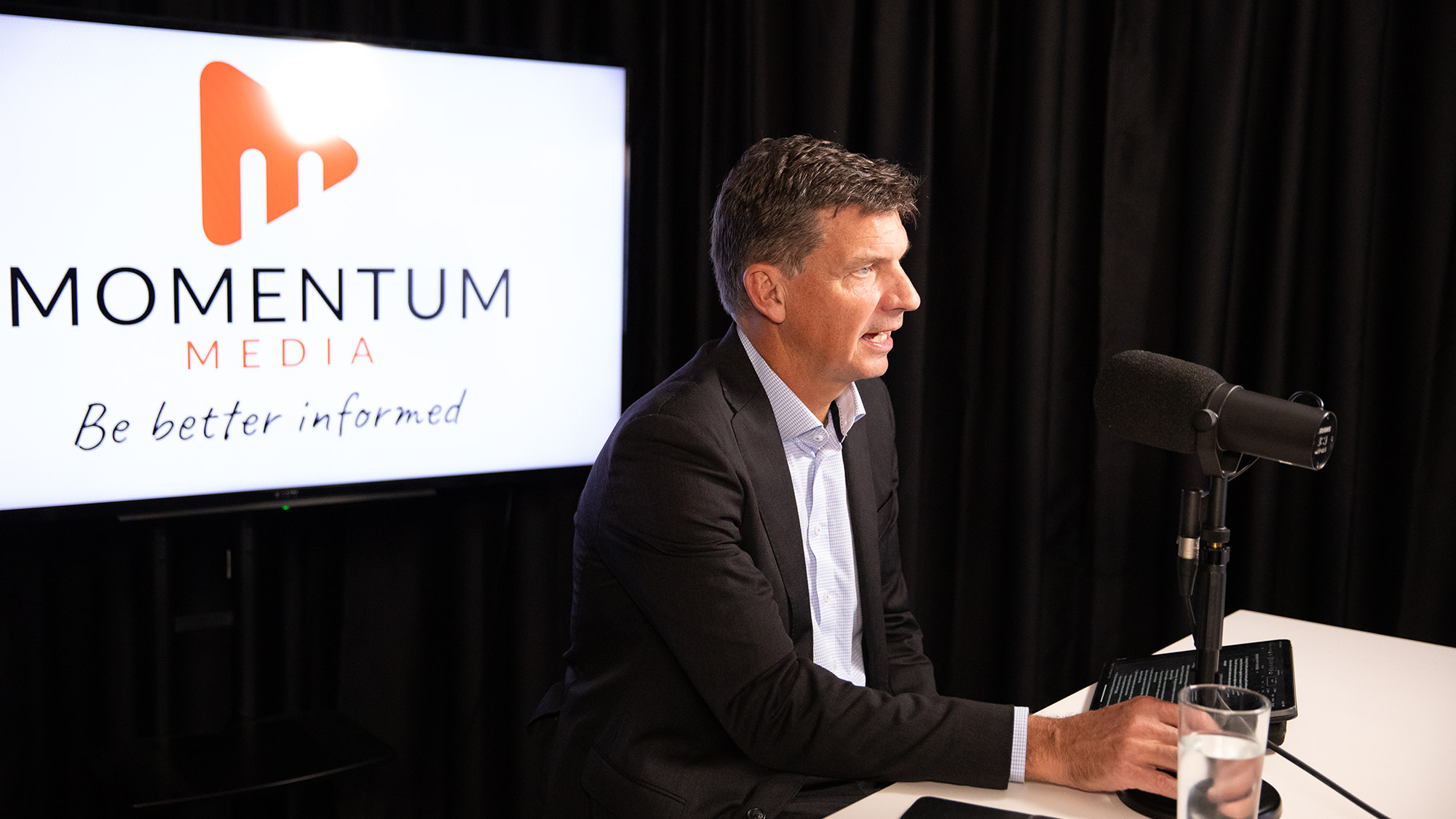Industry factoring in risk of loss of tax-free super withdrawals
Industry participants at the SPAA conference in Adelaide this week began voicing their concern about the increasing possibility of a removal of tax-free withdrawals from superannuation in light of the global financial crisis and the resultant Government budget deficit.
Those concerned about the adequacy of the superannuation system in its current form included self-managed super fund expert Meg Heffron, taxation academic Professor Gordon Cooper and the Shadow Minister for Superannuation, Chris Pearce.
Yesterday Heffron said while no one knows what the future holds, the “reality is that Australia and all other Western countries will be in debt for a very long time”. Australia will also witness growing numbers of people with large super balances entering retirement, and this may present a revenue-raising opportunity the Government may not be able to ignore.
Heffron said the last six months had seen her questioning whether the current superannuation model is sustainable in light of rising Government debt levels.
Taxation academic Professor Gordon Cooper, who has made submissions to the Government on various superannuation-related matters, said this week that the unlimited tax-exempt pension status of superannuation should be re-examined.
Cooper said it was time to revisit this “generous tax concession”, which he believes encourages people to spend their super before falling back on the age pension.
“It is not appropriate to have an unlimited tax-exempt pension,” Cooper said.
Instead, he suggested pensions be capped to average weekly ordinary-time earnings.
Pearce also expressed concern about the mounting pressure on the superannuation system. Pearce said with life spans increasing, many super members are likely to suffer shortfalls and become reliant on government pensions.
If a solution to longevity risk is not found, “the public pension will be under more strain … and who knows what will happen in 30 years’ time”, Pearce said.
Heffron said there is a very real risk that the Government may reintroduce taxes on superannuation withdrawals for those over the age of 60 or make changes to tax on death benefits for dependents. As such, members should crystallise as much tax-free benefits as possible to ensure they still have access to a significant amount of tax-free benefits even if the Government introduces legislative changes.
Recommended for you
In this episode of Relative Return, host Maja Garaca Djurdjevic is joined by shadow treasurer Angus Taylor to discuss the current state of the financial advice sector, the economy, the housing affordability crisis and more.
In this episode of Relative Return, host Laura Dew speaks with Andrew Mitchell, director and senior portfolio manager at Ophir Asset Management, about why he loves working in fund management and the lessons he’s learnt in a decade of running a firm.
In this episode of Relative Return, host Laura Dew speaks with Blackwattle Investment Partners managing director and chief investment officer, Michael Skinner, about setting up an asset manager and what he looks for in an investment team.
In this special episode of Relative Return, Momentum Media’s Phil Tarrant and Jordan Coleman discuss the publishing house’s expansion into greater coverage of the wealth management space.














